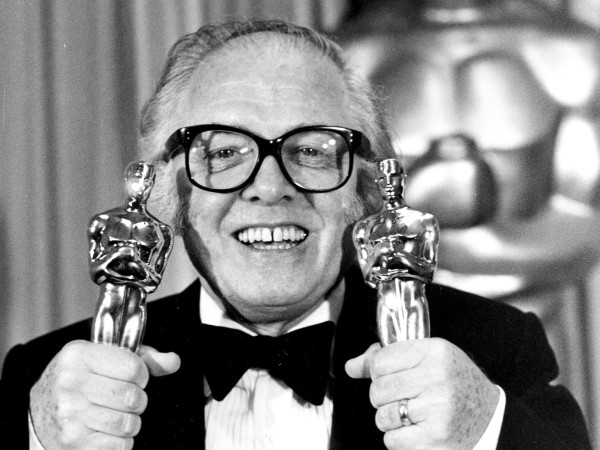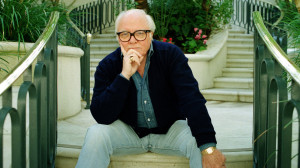When Stephen Spielberg was looking for someone who could make dinosaurs seem plausible in Jurassic Park, he asked fellow filmmaker Richard Attenborough to do something he hadn’t done in almost 14 years: act. Plenty of performers could look at green screens and convey a sense of wonder. What Attenborough could do while playing the owner of Jurassic Park, figured Spielberg, was flesh out the bigger picture — the why. And when he did, it sounded almost as if he was stating the filmmaking credo he’d lived by all his life.
“I wanted to show them something that wasn’t an illusion,” Attenborough’s park owner tells Laura Dern, as his dream comes crashing down around them. “Something that was real … something they could see and touch.”

That is more or less what Attenborough had been doing for five decades at that point, ever since 1947, when he was so persuasive in a British film noir called Brighton Rock, that he risked being typecast as a thug when he played a baby-faced but cold-blooded teenager who killed his friends as casually as he killed his enemies.
If raising gooseflesh was what Attenborough did at the start of his acting career, raising consciousness was his aim once he stepped behind the camera. He personalized cautionary tales in Oh! What A Lovely War, and his epic about military miscalculation, A Bridge Too Far.
And he spent 20 years and all of his personal fortune, even mortgaging his house, in a struggle to bring a story about non-violence to the screen. It was a story Hollywood was convinced would never sell, about how the British empire was brought virtually to its knees, by a frail wisp of a man named Gandhi who employed passive resistance and hunger strikes to demand “that the fighting will stop.”

9(MDAxOTAwOTE4MDEyMTkxMDAzNjczZDljZA004))

